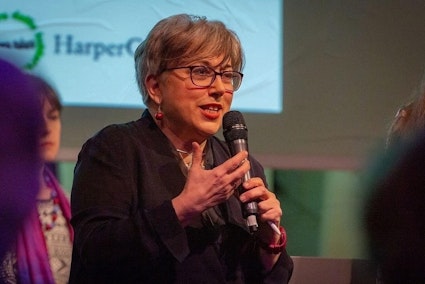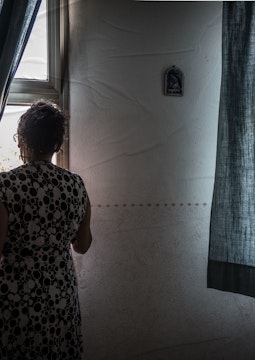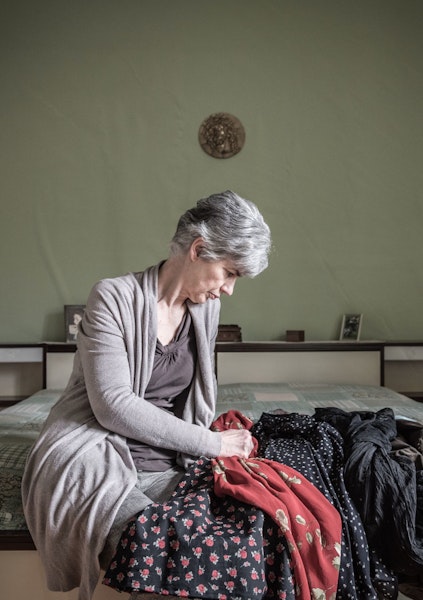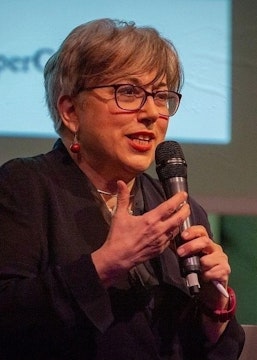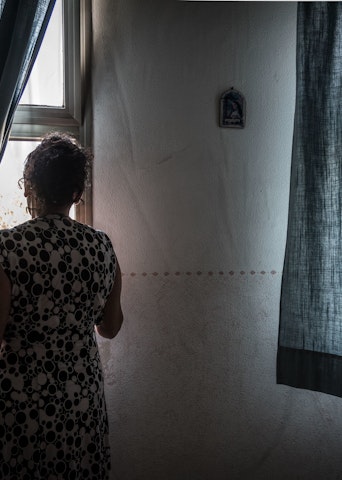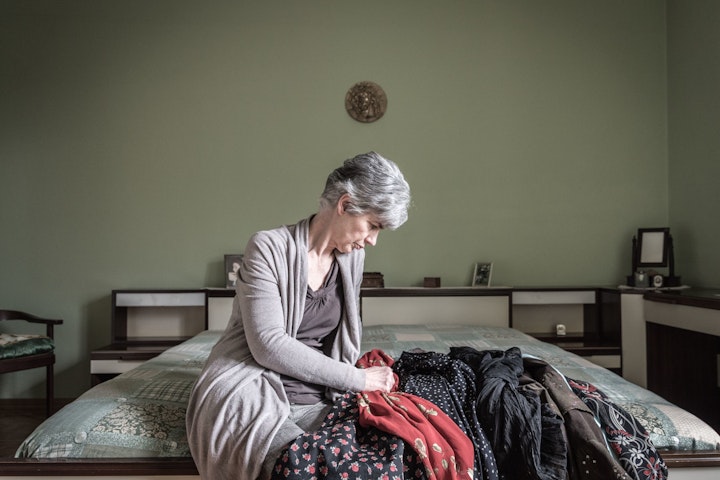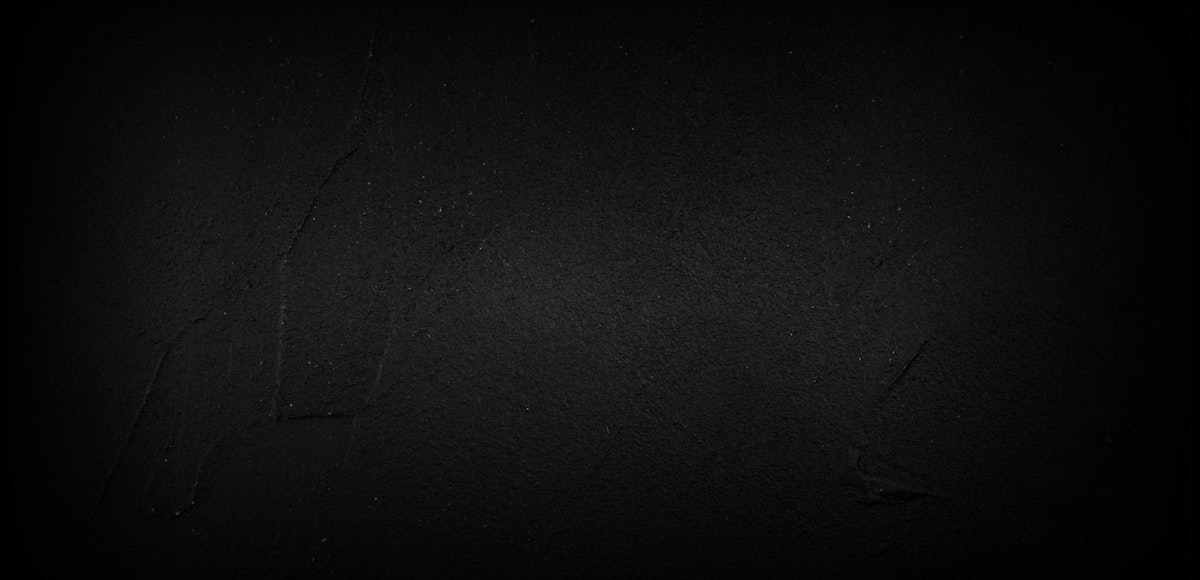
Rosa Brignone Time for Equality
Rosa, the event that the Time for Equality association is presenting at Rotondes is called Expressions of Humanity – What kind of world do we want to live in? Could you explain where that title comes from?
Rosa: The first time we did an event about migration was in 2017, in collaboration with a French humanitarian association working in the refugee camps in Calais. We asked several people to share their experiences. It was very powerful, very emotional and was seen by many. We felt that we could create events where the audience feels comfortable.
As soon as you dehumanise someone, that person loses their rights. We called our event Expressions of Humanity to humanise the refugees. After the first noticeable event, we decided to organise several others, the central themes being migration, gender inequality and violence in all its forms.
In each event, there’s an artistic element: a screening of a documentary, a photo exhibit, a reading, music… How come you’ve made this choice?
R.: Statistics show that the most vulnerable groups are women and children, whether it’s for structural, cultural, economic, or other reasons. Our reflections are based on those numbers and various reports, but art helps us reach the audience in a deeper way, to really touch people. Raising awareness is very important: it allows people to discover issues and leads to the involvement of society.
Our overall aim is to contribute to a more equal, fairer society, in which human rights are fully respected. We all have a role to play, but it’s also necessary to act upon power structures. Therefore, in addition to our awareness-raising work, we also carry out advocacy work, in collaboration with other associations, to try to influence decision-makers.
There will be three Expressions of Humanity events in 21/22, the first one taking place on 19 October. What will the theme be?
R.: The evening will be based on Italian photographer and journalist Stefania Prandi’s work, which some will be already familiar with as we’ve previously shown her Oro Rosso documentary at Rotondes. We’ve asked her to come back to present The Consequences, which is about feminicide and constructed around her meetings with relatives of victims. It’s about what happens to families when a young girl or woman is killed. The impact is deep and runs wide: children become orphans, abandoned by ill-adapted institutions; mothers become activists; the way the events are treated in the media are debatable; the judicial system is unprepared…
Stefania Pradi has made a book with the interviews and photos from her encounters. The photos will be on display outside Rotondes for four weeks, accessible for all to see. In this way, these stories will leave the family sphere and be thrust into the open, becoming part of the public space. We’re hoping this will give way for discussions and help free the word in Luxembourg.
Have you seen an evolution in the public’s reactions over the years?
R.: The advantage of the evenings we organise at Rotondes is that the venue attracts a younger and more varied audience than we usually see at conferences dealing with this kind of topic. Some of those attending get involved afterwards, they make contact to become volunteers, with us or other associations. We will only be able to measure the impact on the long term. Each of our events sets a plan for action, sowing the seeds for the future. Our motto is: “Learn, share, take action”.
